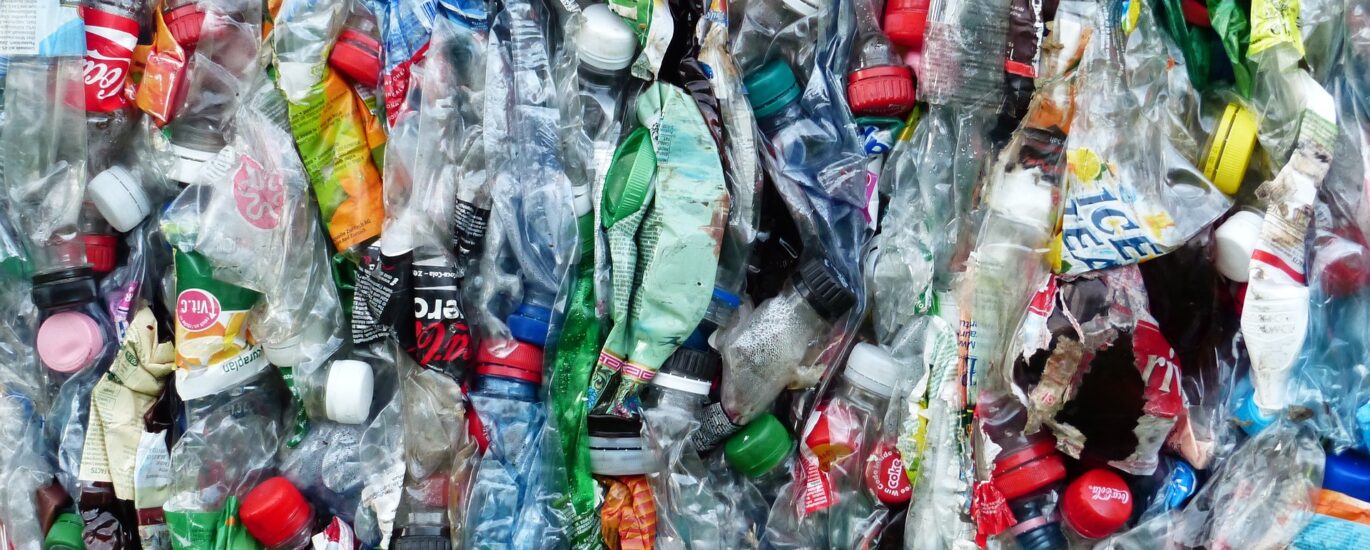Africa faces a significant challenge when it comes to recycling, particularly in managing plastic waste. The improper disposal of plastic materials poses a grave threat to the environment, ecosystems, and human health. Understanding the importance of plastic recycling is crucial in addressing this pressing issue and mitigating the adverse effects of contamination on the soil, wildlife, humans, and the oceans.
Plastic pollution has become a global concern, and Africa is no exception. Improperly discarded plastic waste often ends up in landfills, rivers, and oceans, leading to the contamination of soil and water sources. This contamination poses a severe risk to agricultural productivity, as toxic substances from plastic waste can leach into the soil, impairing its fertility and harming plant growth. By embracing plastic recycling practices, Africa can reduce the accumulation of plastic waste in landfills and prevent soil contamination, safeguarding the agricultural lands that communities depend on for their sustenance.
Wildlife in Africa also suffers from the consequences of plastic pollution. Many animals mistake plastic debris for food, leading to ingestion and entanglement. Marine life, in particular, faces immense threats as plastic waste finds its way into rivers and eventually reaches the oceans. Marine animals, such as turtles, seals, and seabirds, often mistake plastic for prey or become entangled in discarded fishing nets and plastic debris. Plastic recycling efforts can significantly reduce the volume of plastic waste entering ecosystems, thereby safeguarding the lives and habitats of wildlife.
Moreover, human health is directly impacted by plastic pollution. Plastics contain harmful chemicals that can leach into food and water, posing serious health risks to individuals. In many African communities, plastic waste is burned as a means of disposal, releasing toxic fumes that contribute to air pollution and respiratory illnesses. By promoting plastic recycling, these health hazards can be mitigated, ensuring cleaner air, water, and overall improved well-being for communities.
Plastic waste management also has a critical role in protecting the marine ecosystem. African coastlines are home to diverse marine life and vibrant coral reefs, which are under threat from plastic pollution. Plastic debris damages coral reefs and disrupts the delicate balance of marine ecosystems. By implementing effective plastic recycling programs, Africa can contribute to preserving its coastal biodiversity, supporting sustainable fishing practices, and protecting the livelihoods of coastal communities.
Addressing the challenge of recycling in Africa requires a multi-faceted approach. Governments, in collaboration with non-governmental organizations and the private sector, should invest in robust waste management infrastructure, including recycling facilities and collection systems. Public awareness campaigns should educate communities about the importance of recycling and proper waste disposal practices. Partnerships with international organizations can facilitate knowledge sharing, technical expertise, and financial support to enhance recycling efforts.
Additionally, promoting innovation and entrepreneurship in the recycling sector can create economic opportunities while addressing the plastic waste challenge. Encouraging the development of local recycling industries can generate employment, stimulate economic growth, and contribute to sustainable development.
In conclusion, the challenge of recycling in Africa, particularly with regards to plastic waste, cannot be ignored. Emphasizing the importance of plastic recycling is vital in preventing soil, wildlife, human, and marine contamination. By implementing comprehensive waste management strategies, raising awareness, and fostering collaboration among stakeholders, Africa can overcome this challenge, protect its natural resources, and pave the way for a cleaner, healthier, and more sustainable future for all.





